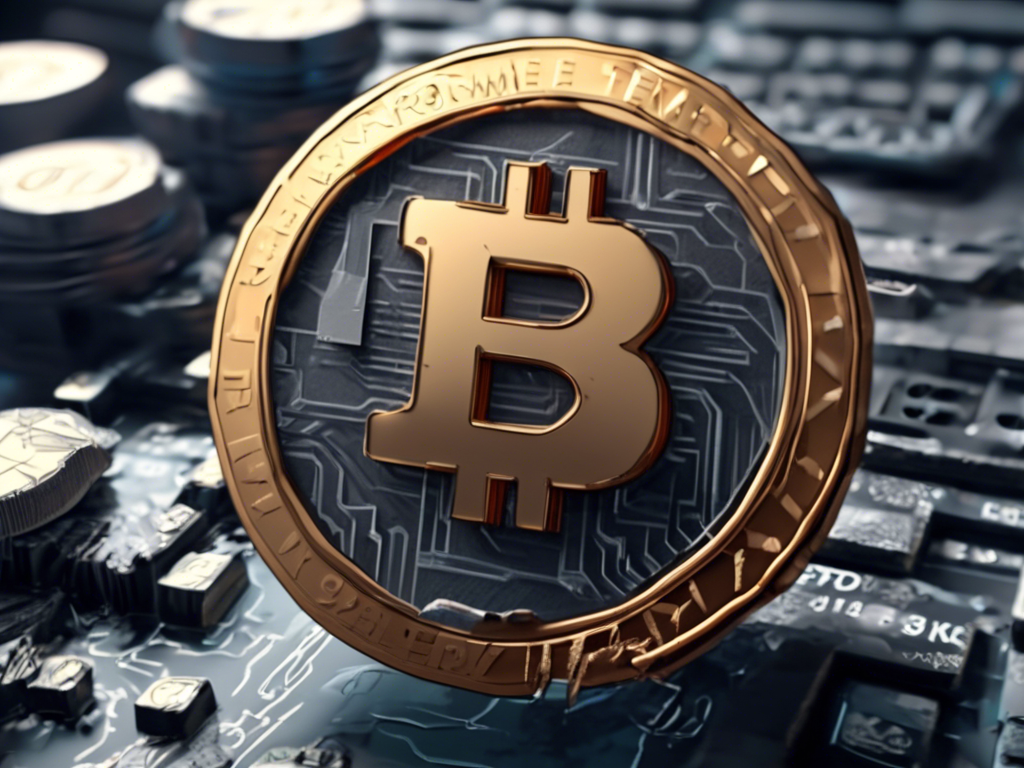The US Economy Through Chamath Palihapitiya’s Lens 📉
Billionaire venture capitalist Chamath Palihapitiya believes that the US economy is already in the midst of a downturn. In a new episode of the All-In Podcast, Palihapitiya explores why more than half of Americans believe the economy is in a recession even though the GDP rose by 1.6% last quarter.
Components of GDP 📊
- Palihapitiya explains that the GDP is the sum of what people spend, what companies and governments spend, and what is exported to other countries.
Impact of Interest Rates 💰
- Consumers and companies save and scrimp when interest rates are high.
- When interest rates are low, consumers and companies are incentivized to spend.
- The government, however, spends regardless of prevailing rates.
According to Palihapitiya, survey data more accurately captures the economic sentiment than the GDP report. The discrepancy between GDP growth and individual financial struggles leads Palihapitiya to believe that the US may be in a quasi-synthetic recession due to sustained government spending.
A Deeper Dive Into Economic Realities 📉
Palihapitiya suggests that the prevailing economic data may not paint an accurate picture of the current state of the US economy. While GDP reports indicate growth, individual Americans are experiencing financial strain and diminished purchasing power.
Consumer Behavior in Response to Rates 🔄
- High-interest rates lead to savings and limited spending.
- Low-interest rates incentivize consumer spending and capital investment.
Government Spending Patterns 💸
- The government continues to spend, regardless of interest rates, leading to sustained economic activity.
Palihapitiya’s analysis suggests that the disconnect between GDP growth and individual financial well-being underscores the need to reevaluate economic measurement metrics to accurately reflect the economic realities faced by everyday Americans.
Hot Take: Rethinking Economic Indicators 📊
Palihapitiya’s insights shed light on the gap between traditional economic indicators like GDP growth and the lived experiences of individuals navigating financial challenges. As government spending continues unabated, the underlying economic conditions may not align with reported growth figures, indicating a need for a more holistic approach to economic assessment.





 By
By

 By
By
 By
By
